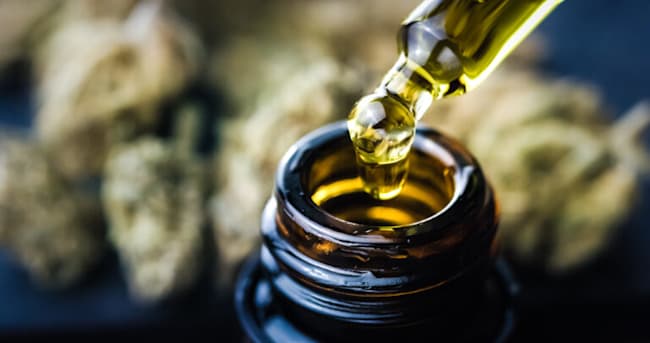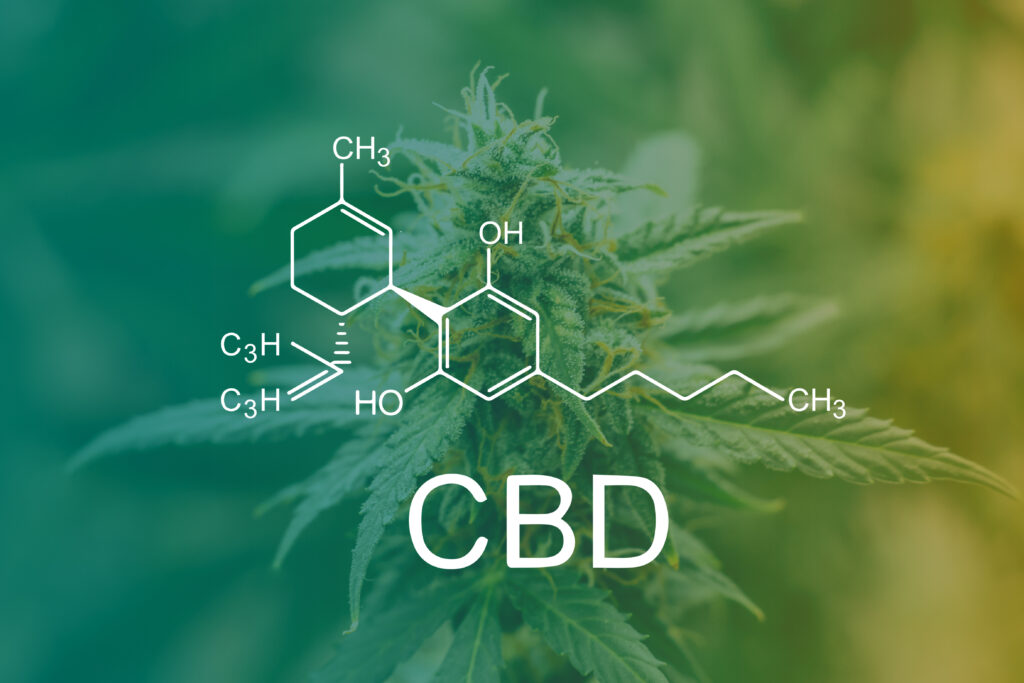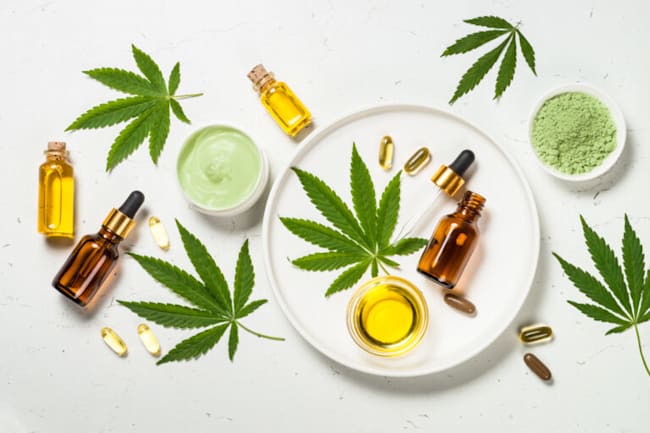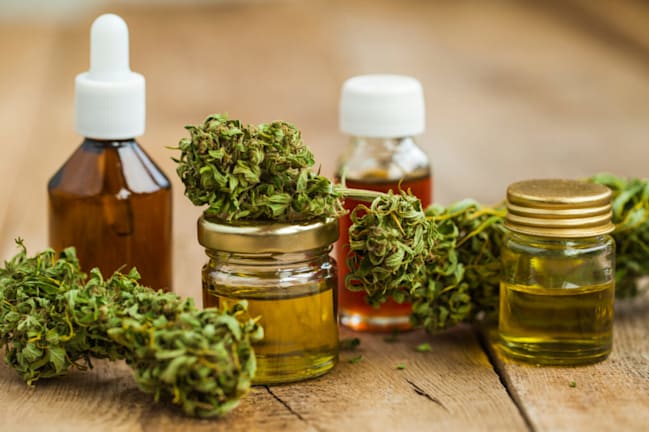- Published on March 28, 2023

Unless you’ve been living under a rock, you’ve heard the term “CBD” thrown around a lot the past few years. Some claim the plant-based supplement will help with your anxiety and depression, while others tell you how much it’s helped them get a good night’s sleep. Still others say it’s just a gimmick and doesn’t actually do anything or have any real benefits. With so many differing opinions it’s hard to separate fact from fiction, but today we are going to debunk, demystify, and show you the best ways to consume CBD.
What is CBD?

CBD stands for cannabidiol, which is a chemical compound found in the cannabis plant. It is one of many compounds known as cannabinoids, and is non-psychoactive, meaning it does not cause a “high” like tetrahydrocannabinol (THC) does. CBD is often used for its potential health benefits, such as reducing anxiety and inflammation, and may be administered in many forms such as creams, oils, and tinctures, among others.
What are the Benefits and Uses of Consume CBD?
- Anxiety and depression: CBD may have an impact on brain receptors for serotonin, which is a neurotransmitter that regulates mood and social behavior. This may help to reduce anxiety and depression symptoms.
- Pain relief: CBD may help to reduce chronic pain by impacting endocannabinoid receptor activity, reducing inflammation and interacting with neurotransmitters.
- Anti-inflammatory: CBD has been shown to have anti-inflammatory properties which can help to reduce the risk of certain types of cancer and improve the symptoms of conditions like rheumatoid arthritis.
- Neuroprotective: CBD may also be neuroprotective, meaning it may help to protect the brain from damage and may have therapeutic potential for conditions such as Alzheimer's disease and multiple sclerosis.
- Help with addiction: CBD has been found to help reduce withdrawal symptoms and cravings associated with addiction to drugs such as opioids and tobacco.
Five Ways to Consume CBD

With so many different options for consuming CBD, it can be confusing for first-timers to choose the delivery method that suits their individual needs best. It is worth mentioning that the bioavailability of CBD can vary depending on the method of consumption, as well as onset and duration. Here are five ways to consume CBD can be consumed, with examples for each method:
1. Oral consumption
Oral consumption of CBD refers to taking CBD in the form of capsules, tablets, or oil drops. This method allows for easy dosing and can provide long-lasting effects. When taken orally, CBD is absorbed into the bloodstream through the digestive system, which can take longer to take effect compared to other methods of consumption such as inhalation. However, the effects can last for several hours. CBD capsules and tablets are pre-dosed, making it easy to know how much CBD you are consuming.
2. Topical application
3. Inhalation
4. Sublingual
Sublingual application of CBD refers to taking CBD oil under the tongue. This method allows for a faster onset of effects as the CBD is absorbed directly into the bloodstream through the blood vessels under the tongue, bypassing the digestive system. To use sublingual CBD oil, a dropper is used to place a few drops under the tongue, where it is held for 30 seconds to 1 minute before swallowing. The effects can be felt within minutes, and generally last for a few hours.
Sublingual CBD oil is a convenient and easy way to consume CBD, as it allows for precise dosing, and the drops can be carried around and used at any time. Some people prefer sublingual application as it avoids the taste of CBD oil, which can be unpleasant for some.
5. Edibles
CBD edibles refer to foods and drinks that contain CBD and include gummies, chocolates, teas, and more. This method of consumption offers a convenient and discreet way of consume CBD, as they can be easily incorporated into a daily routine. When consumed, CBD edibles must go through the digestive system before being absorbed into the bloodstream. This means that the effects may take longer to be felt compared to other methods of consumption such as inhalation, but the effects can last for several hours.
What is the Difference Between CBD Oil and CBD Tincture?

- Ingredients: CBD oil is made by extracting CBD from the cannabis plant and then diluting it with a carrier oil, such as coconut or hemp seed oil. CBD tinctures, on the other hand, are made by dissolving CBD in alcohol, which can include a variety of other ingredients such as essential oils, flavoring agents and terpenes.
- Potency: CBD tinctures tend to have a higher potency than CBD oil, as the alcohol allows for a higher concentration of CBD to be extracted from the plant.
- Dosage: CBD oil and tincture both come with droppers for easy dosing, CBD tinctures are often labeled with a higher concentration of CBD per serving than CBD oil, so less is needed to achieve the desired effects.
- Taste: CBD oil has a more natural and earthy taste, while CBD tinctures can come in a variety of flavors, making them more palatable to some.
It’s important to note that the effectiveness of all consume CBD methods can vary depending on the quality of the product and the specific person. It’s always best to consult with a healthcare professional before using any CBD products and make sure to buy the products from a reputable source.
Related Articles
8 Things About Delta-8
What is Delta-8, does it get you high, is it legal
What Are Terpenes
Learn about Terpenes types and effects

